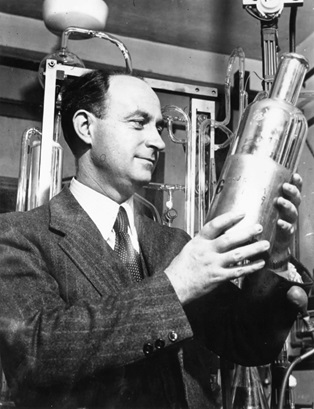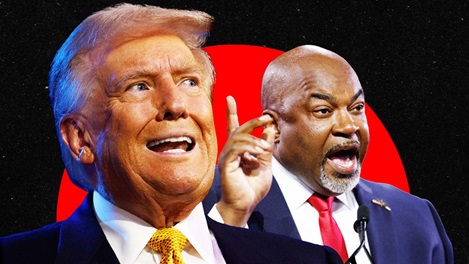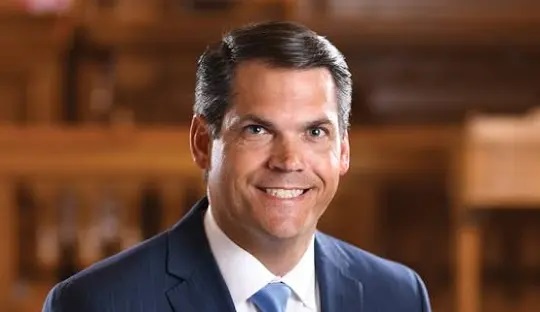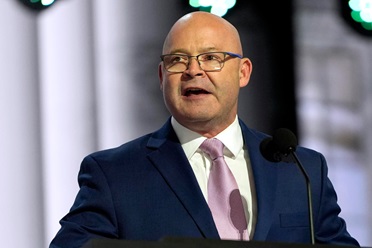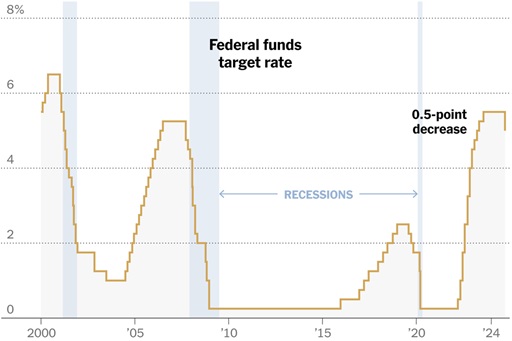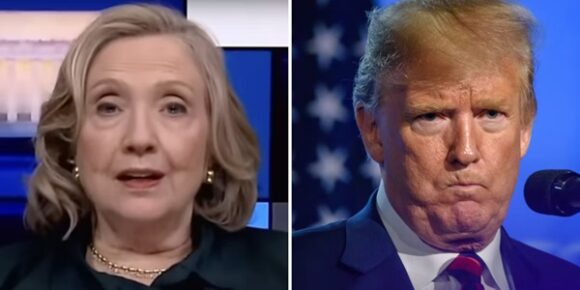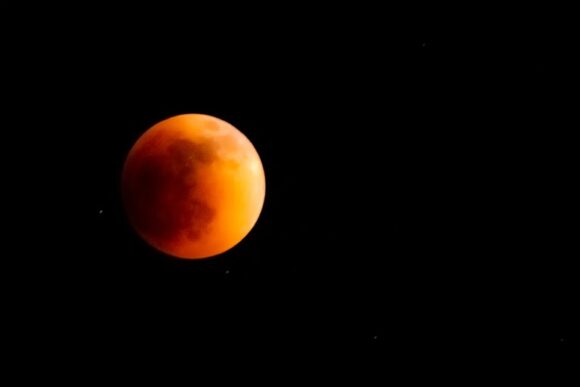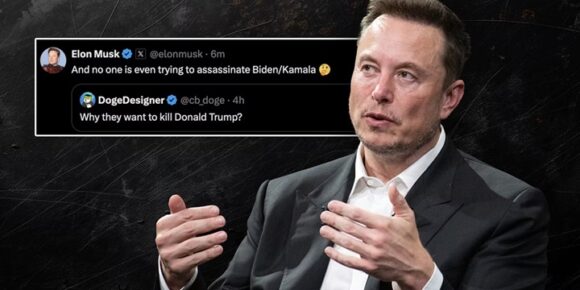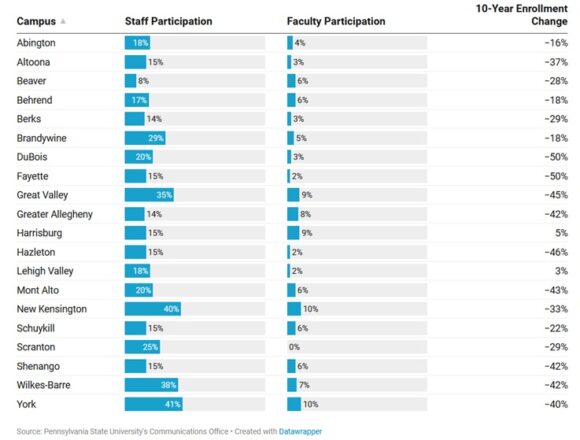Enrico Fermi
Dear Commons Community,
Last month I read Quantum Drama: from the Bohr-Einstein Debate to the Riddle of Entanglement by Jim Baggot and John L. Heilbron. Enrico Fermi was mentioned a number of times and while I certainly knew who he was, I did not know enough of his contribution to the development of atomic energy and the bomb. I read The Pope of Physics… to fill in my understanding. It did not disappoint. Segrè and Hoerlin have done a fine job with this biography and cover well Fermi’s early life, his family, his tireless devotion to physics research, his emigration from Italy to the United States, his development of the first nuclear reactor, his contributions at Los Alamos, and his early death. Segrè and Hoerlin also write in an accessible style even when discussing technical subjects related to nuclear physics.
I enjoyed this book and recommend it without any hesitation!
Below is a review that appeared in The New York Times.
Tony
————————
The New York Times
He’s the Bomb: An Enrico Fermi Biography
By Gregg Herken
Nov. 18, 2016
THE POPE OF PHYSICS
Enrico Fermi and the Birth of the Atomic Age
By Gino Segrè and Bettina Hoerlin
Illustrated. 351 pp. Henry Holt & Company. $30.
In a controversial lecture more than 50 years ago, the British scientist and novelist C.P. Snow suggested that natural scientists had “the future in their bones.” Snow was speaking in 1959, when the public still held scientists — particularly physicists — in a kind of awe, because of their role in the invention of the atomic and hydrogen bombs. But Snow might well have had in mind the Italian-born physicist Enrico Fermi, the subject of a new scientific biography by the husband-and-wife team of Gino Segrè and Bettina Hoerlin. Fermi’s “intuito fenomenale” — phenomenal intuition — and his near infallibility in predicting the results of experiments were characteristics that prompted colleagues at the University of Rome to designate him “the Pope.” One of his graduate students marveled: “Fermi had an inside track to God.”
The title stuck, for a different reason, when Fermi; his wife, Laura; and their two small children emigrated to America in December 1938, a move hastened by the racial purity laws of Mussolini’s ally, Nazi Germany. (Laura’s parents were Jewish; both would perish in the Holocaust.) In contrast to other scientists who fled European fascism, Fermi exuded an almost ethereal calm, and he remained unflappable in the face of both triumph and disaster. Lacking Einstein’s nimbus of white hair, Oppenheimer’s tortured introspection or Teller’s mercurial temperament, Fermi — “small, dark and frail-looking” as a child, according to his sister — more closely resembled a middle-aged Fiat mechanic than a mover of the universe. (His daughter Nella, growing up in the family, had a different perspective on her father: “It wasn’t that he lacked emotions, but that he lacked the ability to express them.”) By being equally adept at experimental work and theoretical physics, Fermi also differed from his contemporaries. “I could never learn to stay in bed late enough in the morning to be a theoretical physicist,” he joked.
Ironically, the one time that Fermi’s intuition failed him was the experiment for which he would win, in 1938, the Nobel Prize in Physics: the discovery of induced radiation from slow neutrons, a necessary first step toward unlocking the secrets of nuclear fission. But Fermi and his colleagues in Rome mistakenly believed that they had created the first transuranics, elements with an atomic number greater than that of uranium, element 92. (Some Italian journalists proposed that element 93 be called Mussolinium.) Had Fermi turned his intuition to the problem it is likely that fission would have been discovered in Italy in early 1935, and not nearly four years later in Germany. Were that the case, Segrè and Hoerlin point out, it is possible that Hitler would have had an atomic bomb to use during the Second World War. “Perhaps Fermi’s not discovering fission is one of the world’s greatest gifts of good fortune,” they write.
Nonetheless, Fermi was one of the first scientists to appreciate the world-changing potential of fission’s discovery. Looking out at downtown Manhattan from a Columbia University high-rise in the spring of 1939, he cupped his hands and quietly told colleagues there: “A little bomb like that and it would all disappear.”
Fermi will always be best remembered for overseeing the creation of the world’s first nuclear reactor, on a squash court under the bleachers of Stagg Field at the University of Chicago late in 1942. He and his fellow scientists elected not to tell the university’s president, Robert Hutchins, about their dangerous experiment, lest Hutchins put an end to it. (The only safeguards against an uncontrolled atomic chain reaction that would have irradiated a significant part of Chicago was a scientist wielding an ax to cut the rope that held an emergency control rod suspended from the balcony, and a few other brave volunteers, whose job was to douse the runaway reactor with buckets of neutron-absorbing cadmium sulfate.) Fermi was either confident — or cavalier — enough to jest that, if things went drastically wrong, one should “run quick-like behind a big hill many miles away.” At the climactic moment, when the atomic chain reaction was about to become self-sustaining, Fermi announced a break for lunch, which also broke the tension mounting among his colleagues in the room. Afterward, a bottle of Chianti was produced and used to toast the achievement. A phone call to Washington announcing their success in code — “The Italian navigator has just landed in the new world” — ended with what was perhaps the last innocent, upbeat message to be associated with the dawn of the atomic age: “Everyone landed safe and happy.”
Perhaps understandably, the authors are most assured and informative when writing about Fermi’s contributions to science. Gino Segrè is a physics professor at the University of Pennsylvania; his famous uncle, Emilio, was Fermi’s first student in Rome. Hoerlin, a onetime professor at Penn, grew up in the “atomic city” of Los Alamos. But except for their account of the young Fermi as one of the precocious scientists known as the “Boys of Via Panisperna” — the location of the University of Rome’s physics department — there is little in the book that is new, and that has not already been covered in other works, like Richard Rhodes’s “The Making of the Atomic Bomb.”
This is too bad, because, arguably, Fermi’s intuito fenomenale extended into other realms, including politics. As a member, in June 1945, of the Scientific Panel of the so-called Interim Committee — a group of policy makers asked to advise on the use of the atomic bomb — Fermi did not depart from the panel’s recommendation that it saw “no acceptable alternative to direct military use.” Like his colleagues, Fermi averred that scientists had “no proprietary rights” to their creation. After the bomb was successfully tested in the New Mexican desert a month later, Fermi would describe his work at Los Alamos, where the weapon had been built, as simply “a labor of considerable scientific interest.” Just a few years later, however, while serving on another panel of experts asked to advise the United States government on whether to proceed with development of the hydrogen superbomb, Fermi joined with his longtime friend and fellow physics Nobel laureate, Isidor Rabi, in condemning the prospective H-bomb as a weapon “which in practical effect is almost one of genocide,” and “necessarily an evil thing considered in any light.” Having been determinedly apolitical throughout most of his career, Fermi on his deathbed confided to a young scientist, according to the authors, that he “lamented the relative lack of public policy involvement in his life.” He died of stomach cancer in November 1954, at age 53.
Since our efforts today at stopping the further spread of the bomb is likely to be looked upon in years to come as largely futile, there is a haunting episode, not included in the book, where Fermi’s phenomenal intuition may once again have come to the fore. In late April 1945 — more than two months before the test of the first atomic bomb — Secretary of War Henry Stimson, recently briefed by Los Alamos scientists, reported to President Truman on what the future held in store for the United States and the world. Having stood on the precipice and looked over the edge, Fermi and his fellow scientists judged it “extremely probable” that, in the future, nuclear weapons would “be constructed by smaller nations or even groups.” None can say we were not warned.

